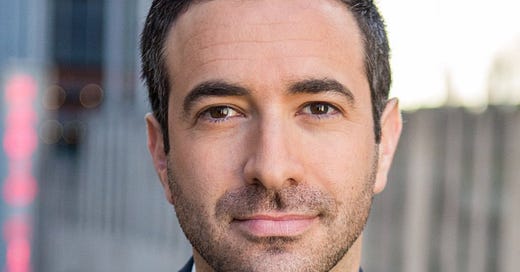Hi, Ari here with a new piece about free speech and the First Amendment—the area of law I used to practice—and why some people invoking these freedoms might have them backward. You can subscribe for all my writing here:
Keep reading with a 7-day free trial
Subscribe to Ari Melber to keep reading this post and get 7 days of free access to the full post archives.



